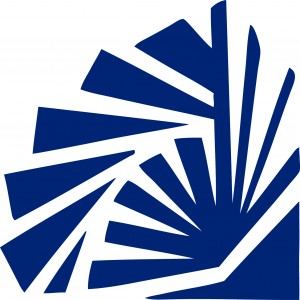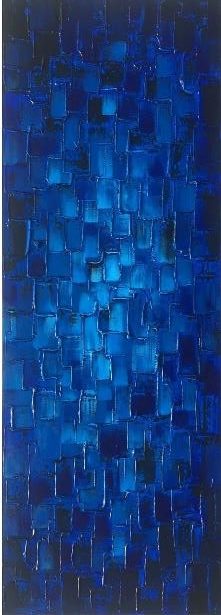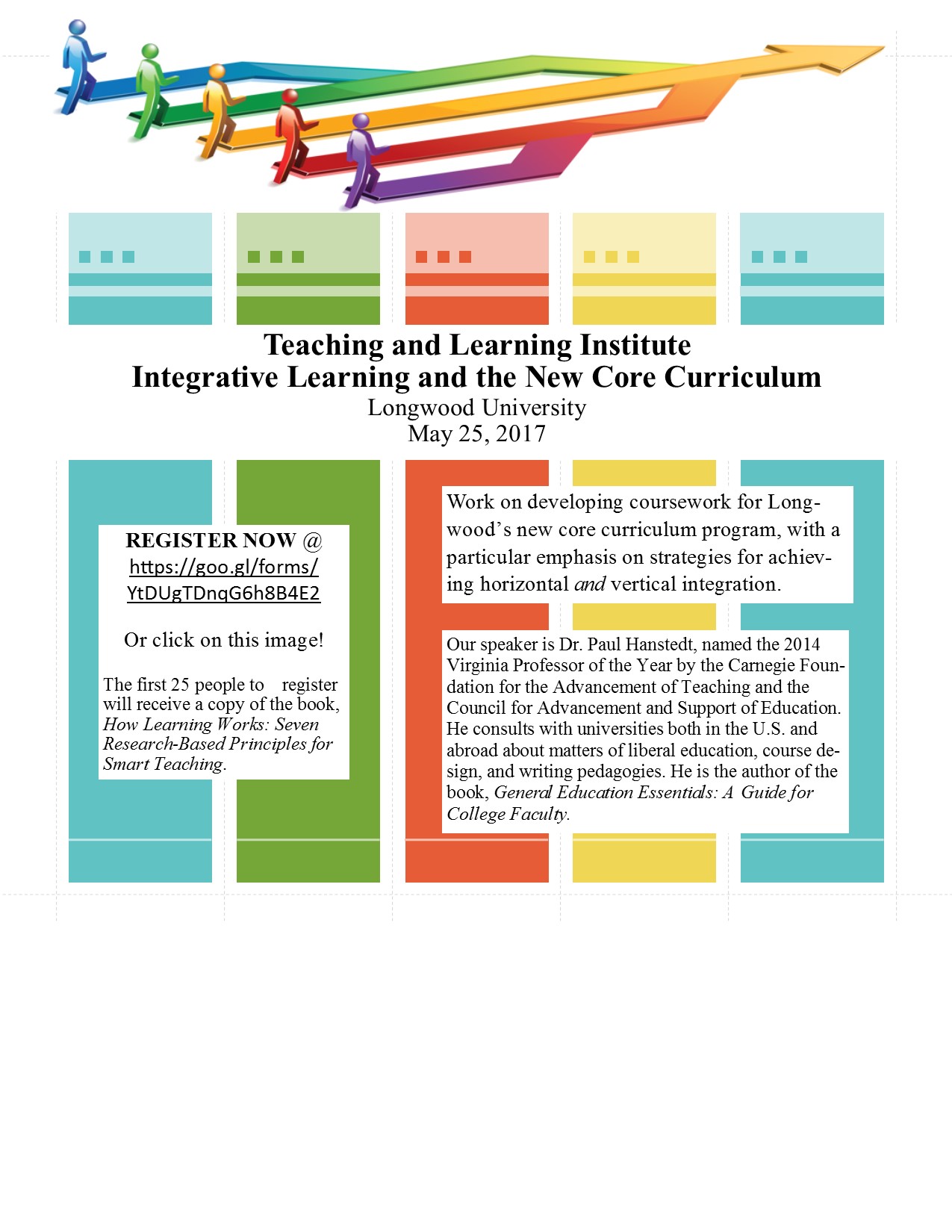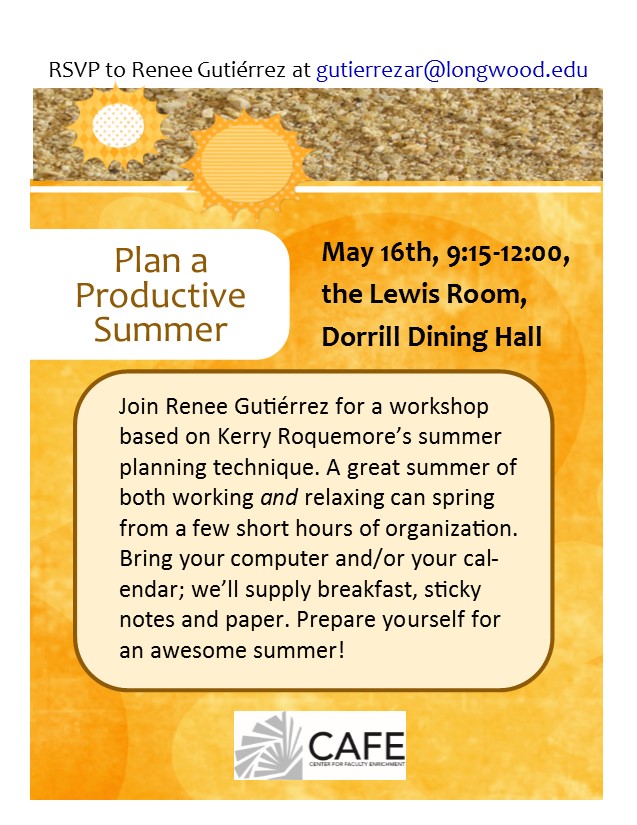The Center for Faculty Enrichment is continuing our Fridays (and, two Thursdays) @ CAFE this semester. The focus of these interactive sessions is on teaching and learning.Our goals are simple– to provide an opportunity for instructors to explore a variety of teaching and learning practices and to share their ideas with colleagues. All sessions are from 3:00-4:30pm.We will provide snacks and drinks.
Up FIRST…
Teaching Information Literacy: Locating and Evaluating Sources
Friday, February 15th 3:00-4:30pm
Clark House Conference Room
In this session, we will explore methods for teaching students to locate and evaluate information from multiple disciplines. Whether you need help incorporating information literacy into a course you already teach, or for a Perspectives – level proposal, this session may be for you. Bring your syllabus and we will talk about the best ways to incorporate information literacy with your course goals.
Facilitator: Jennifer Beach, Asst. Professor, Research & Instructional Services Librarian
Register for the Information Literacy session @ https://goo.gl/forms/5zyS6kdUSCb3FXZt1
Up NEXT…
Teaching Speaking: Nonverbal Delivery Skills
Friday, February 22nd 3:00-4:30pm
Clark House Conference Room
Public speaking involves more than effective delivery of the spoken word. Brush up on some instructional techniques for teaching and assessing essential speaking skills that do not directly involve speaking like eye contact, gestures, movement and more.
Facilitators: Kris Paal, Asst. Professor, Communication Studies/CAFE Faculty Consultant
Ronda Scarrow, Asst. Professor, Theatre/CAFE Faculty Consultant
Register for the Teaching Speaking session @ https://goo.gl/forms/WaXBy85ebhK6fGf73
SPRING 2019 Schedule
Teaching and Facilitating Diversity and Inclusion Topics
Friday, March 1st 3:00-4:30pm
Location TBA
Facilitator: Quentin Alexander, Asst. Professor, Counselor Education/CAFE Faculty Consultant
Teaching Writing: How to Manage the Paper Load
Thursday, March 14 3:00-4:30pm
Clark House Conference Room
Facilitator: Heather Lettner-Rust, Assoc. Professor, English/CAFE Faculty Consultant
Designing Assignment Rubrics
Friday, March 15 3:00-4:30pm
Clark House Conference Room
Facilitator: Linda Townsend, Director of Assessment and Pam Tracy, Director, CAFE
Teaching Writing: Using Writing to Teach Course Content
Thursday, March 21 3:00-4:30pm
Clark House Conference Room
Facilitator: Heather Lettner-Rust, Assoc. Professor, English/CAFE Faculty Consultant
Transparency in Learning and Teaching (TILT)
Friday, March 22 3:00-4:30pm
Clark House Conference Room
Facilitator: Adam Franssen, Assoc. Professor, Biology/CAFE Asst. Director
Teaching Speaking: Using Speaking to Teach Course Content
Friday, March 29 3:00-4:30pm
Clark House Conference Room
Facilitators: Kris Paal, Asst. Professor, Communication Studies/CAFE Faculty Consultant
Ronda Scarrow, Asst. Professor, Theatre/CAFE Faculty Consultant
Teaching International Students: Communicating Expectations
Friday, April 5 3:00-4:30pm
Center for Global Engagement Conference Room
Lankford, Room 207
Facilitators: Deborah Westin, Director, English Language Bridge Program, Center for Global Engagement
Active Learning Activities: The Last Weeks of the Semester
Friday, April 12 3:00-4:30pm
Clark House Conference Room
Facilitator: Pam Tracy, Assoc. Professor, Communication Studies/Director, CAFE
Diversity and Inclusion Toolbox of Activities for the College Classroom
Friday, April 19 3:00-4:30pm
Clark House Conference Room
Facilitator: Quentin Alexander, Asst. Professor, Counselor Education/CAFE Faculty Consultant
Pamela J. Tracy Ph.D.
Director, Center for Academic Faculty Enrichment (CAFE)
Associate Professor, Communication Studies
Longwood University
434-395-2803








